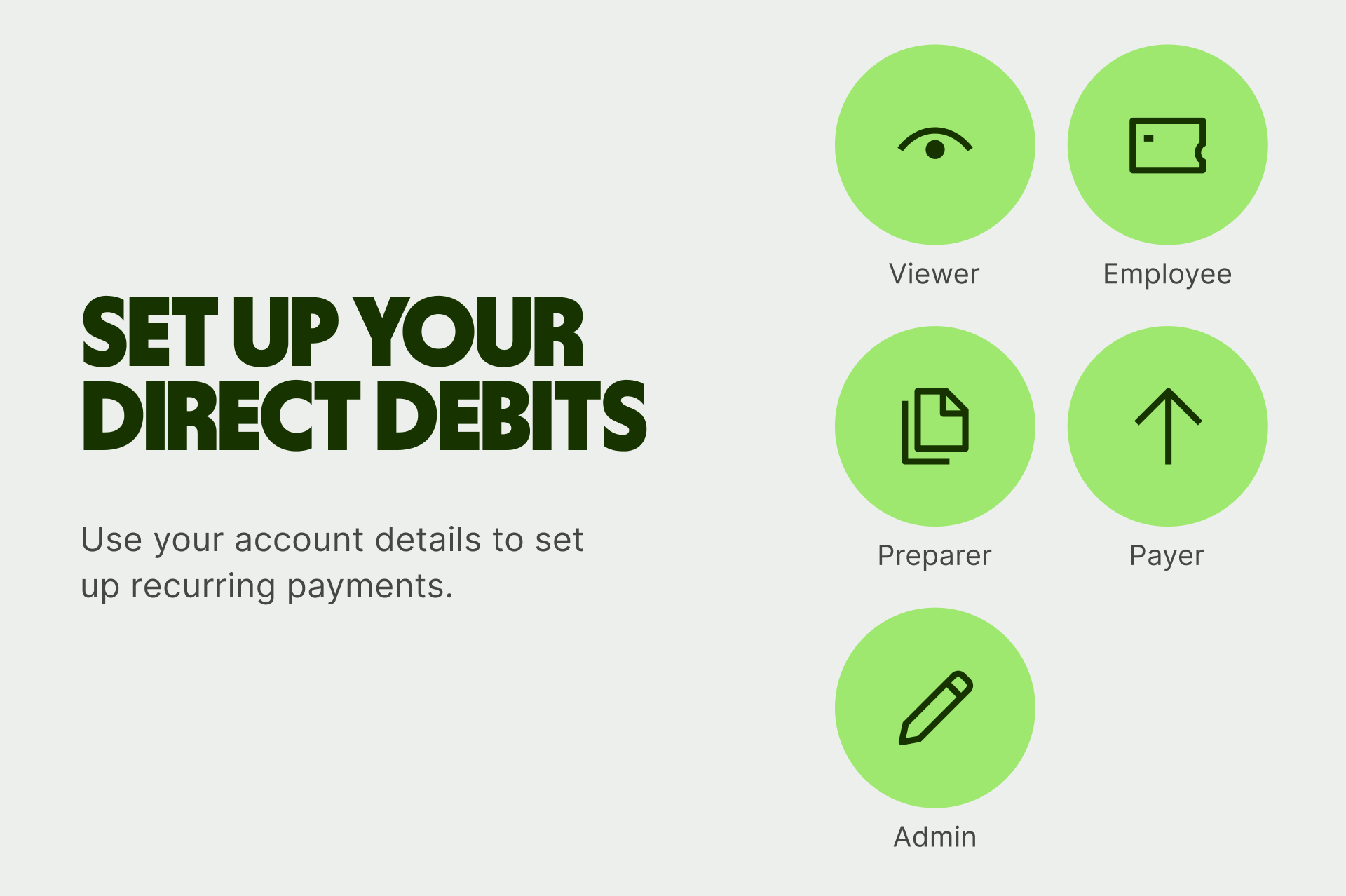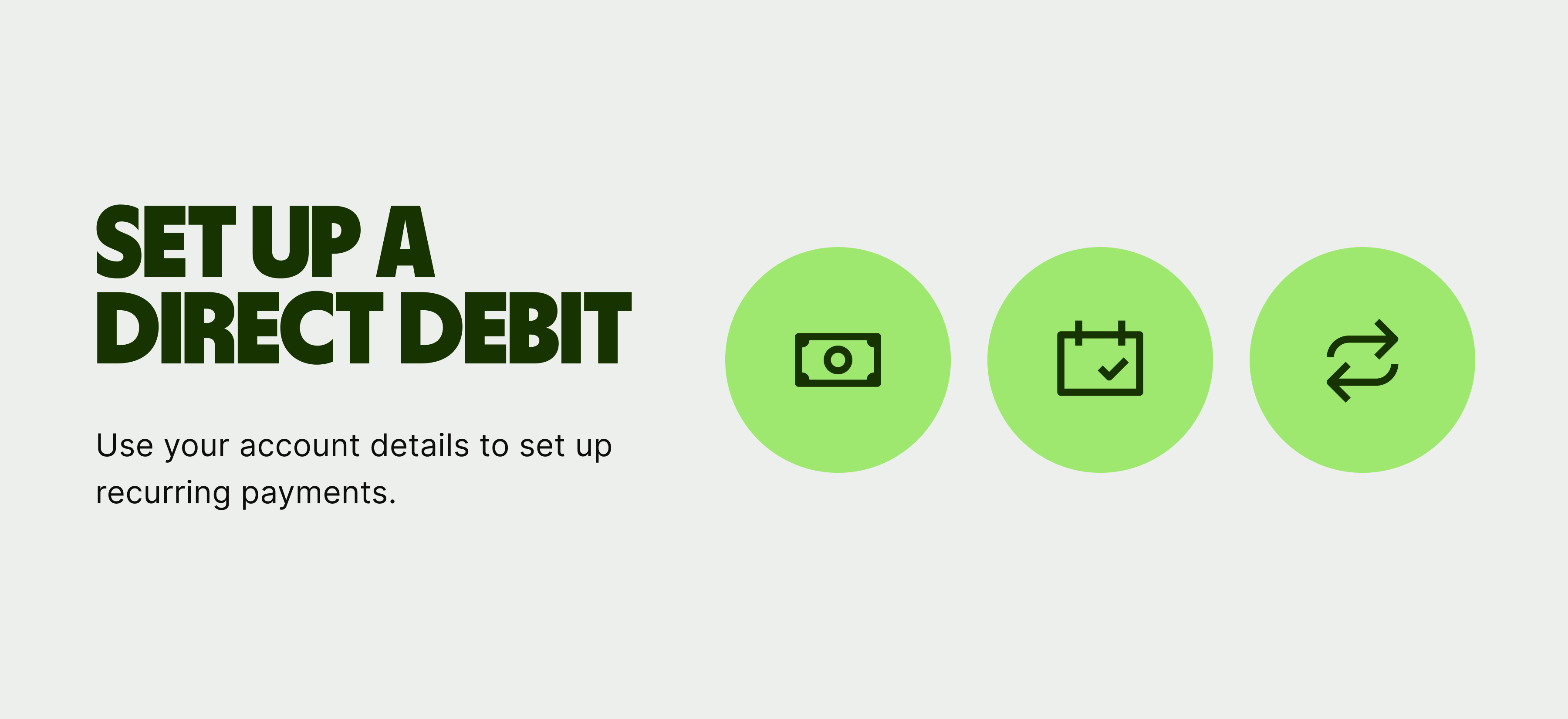Spendesk and Wise Platform: bringing international payments capabilities to 5,000+ businesses
Customers can sign up to the waiting list, with the feature expected to go live in the coming weeks.

If you have a UK limited company or unincorporated association, you’ll need to navigate calculating and paying your corporation tax. Corporate tax in the UK is generally paid on profits, gains and money made from selling assets, so understanding the ways to pay, and the UK corporate tax rate is essential to allow you to manage your business finances properly, and stay on the right side of the law.
This guide walks through how to pay your corporation tax bill, including rates and payment methods. We’ll also touch on Wise Business as a great business account for companies trading in the UK and internationally, with flexible services, low fees and great exchange rates. More on that later.
💡 Learn more about Wise Business
You’ll need to pay corporation tax if you have1:
- A UK registered limited company
- A foreign company with a UK branch or office
- Some other types of unincorporated association, for example a community group or sports club
If your company is registered in the UK, you’ll need to pay HMRC corporation tax on all your taxable income globally. If your company is registered elsewhere you’ll usually only need to pay UK income tax on the taxable income from your UK branch or office.
It’s important to note that you don’t get issued an HMRC corporate tax bill. Instead you’ll need to calculate the tax owed and make a payment directly to HMRC. There are several ways to pay corporation tax, and the process and due dates may vary based on your company’s size and turnover.
If your company’s taxable profit is up to 1.5 million GBP you need to pay your corporate tax 9 months and one day from the end of the relevant accounting period - usually your company’s financial year. If you have a larger company you’ll need to pay your tax in installments2. Different calculation rules and due dates apply for companies with taxable income from 1.5 million GBP to 20 million GBP, and for very large companies with taxable profits in excess of this3.
At the time of writing, the UK’s corporate tax rates are as follows4:
| Company taxable profit | HMRC corporation tax rate |
|---|---|
| Up to 50,000 GBP | 19% |
| From 50,000 GBP to 250,000 GBP | Marginal tax rates may apply - these rates are not applicable for all business types, but you can check your eligibility online |
| Over 250,000 | 25% |
You can pay your corporation tax bill in several different ways. Different processing times apply to different payment methods, and in some cases there may also be a processing fee:
Same day or next day payment options:
- Pay through your online bank account
- Pay with a Faster payment or CHAPs
- Pay by credit or debit card
3 working day options:
- Pay by direct debit (if you have already used direct debit as a payment method in previous years)
- Pay by Bacs
- Pay in person at your bank
5 working day options:
- Pay by direct debit for the first time
The steps you need to follow to pay your corporation tax will depend on the payment method you choose. Firstly you’ll need to log into your HMRC tax account to find your 17-character Corporation Tax payment reference number, and then select your preferred payment method.
You can pay online through your HMRC tax account5, using your reference number. Simply log into HMRC’s tax gateway online and follow the on screen instructions. If you’ve got a payment slip from HMRC you can also choose to pay in person at a bank branch, using a cheque or cash. Make sure your tax reference number is written on the cheque so your money is paid to the correct account.
You can choose to set up a direct debit for your corporation tax bill6. You’ll need to do this online by logging into your HMRC account with your tax reference number. If you’ve used direct debit to pay taxes before this payment method takes around 3 days to process, but the first time you use it, the payment will take 5 days to arrange.


If you’d like to, you can make your tax bill payment with a debit or credit card7. If you want to use a credit card it must be a corporate credit card - but if you’re paying by debit you can use either a company debit card or your own personal debit card. To make your HMRC corporate tax payment with a card you’ll need to log into your tax account online and follow the prompts to enter your card details.
Let’s finish up with a few how to pay your corporation tax FAQs.
You can pay HMRC corporate tax using the following options:
- Pay through your online bank account
- Pay with a Faster payment or CHAPs
- Pay by credit or debit card
- Pay by direct debit
- Pay by Bacs
- Pay in person at your bank
The corporation tax deadlines depend on your company’s taxable income and financial year.
If you have a smaller business you’ll usually need to pay within 9 months and 1 day from the end of the accounting period - usually your company’s financial year.
If you have a large business with taxable income of more than 1.5 million GBP you may have different arrangements as you’ll need to pay in instalments. Learn more by logging into your HMRC tax account.
You’ll need to pay your corporate taxes on time to avoid penalties and extra interest costs. Get professional advice if you’re unsure or unable to pay on time, to avoid legal issues later.
As with most things related to tax the answer here is relatively complicated - and can depend a lot on your specific situation. In theory, HMRC has the power to hold directors personally liable for unpaid taxes where they believe the lack of payment was deliberate. If you can’t cover your corporation tax bill on time and in full, get professional advice as soon as possible to navigate the best next steps.
Yes. you can make your corporation tax payment using online banking or direct debit. One good option is to use Wise Business to set up a direct debit payment, to allow you to easily settle up with HMRC.
Get started with Wise Business 🚀
The easiest way to get in touch with HMRC is to log onto your tax account and either use the automatic chat service, or send a secure email. You can also call HMRC on 0300 200 3410 from the UK, or you can call +44 151 268 0571 if you’re abroad8.
Find your tax reference number:
- On your ‘notice to deliver your tax return’
- On any tax reminders you’ve received from HMRC
- By logging into your company’s HMRC online account, under ‘view account’
You do not technically need an accountant to submit corporation tax, but getting professional help can make the process easier and give you peace of mind.
If you trade internationally, take a look at Wise Business for ways to send money to bank accounts in 160+ countries with the mid-market exchange rate and low fees from 0.33%. That can cut your overall costs, and help you pay suppliers, contractors and team members around the world.

Use your account to hold and exchange 40+ currencies, get paid like a local with bank details for 8+ currencies, and get business debit and expense cards for you and your team with no ongoing fees. You’ll just need to pay a one time £45 account opening charge, to get full feature access to your flexible Wise Business account, with just low, transparent fees for the services you use.
Get started with Wise Business 🚀
Use this guide to UK corporation tax to start your research into the best way to pay in your specific situation. While paying UK corporate tax shouldn’t be too tricky, it’s a legal requirement, and so getting the help of a tax accountant can be a smart move for many busy entrepreneurs.
Sources used in this article:
Sources last checked December 31, 2024
*Please see terms of use and product availability for your region or visit Wise fees and pricing for the most up to date pricing and fee information.
This publication is provided for general information purposes and does not constitute legal, tax or other professional advice from Wise Payments Limited or its subsidiaries and its affiliates, and it is not intended as a substitute for obtaining advice from a financial advisor or any other professional.
We make no representations, warranties or guarantees, whether expressed or implied, that the content in the publication is accurate, complete or up to date.

Customers can sign up to the waiting list, with the feature expected to go live in the coming weeks.

Getting investment in your business is a milestone for any startup. It’s recognition of your achievements so far, a chance to realise strategies you’ve worked...

Wise simplifies international money management for individuals and businesses across Europe, offering a fast, transparent, and cost-effective way to send,...

Over the past month, businesses around the world have been preparing for a new reality in global trade. As uncertainty grows surrounding tariff regulation...

75% of consumers and SMEs seek out alternative cross-border payment providers beyond their primary bank - now is the time for banks to modernise offerings.

Discover why agile partnerships are trumping complex, costly global payments infrastructure builds for banks like yours.